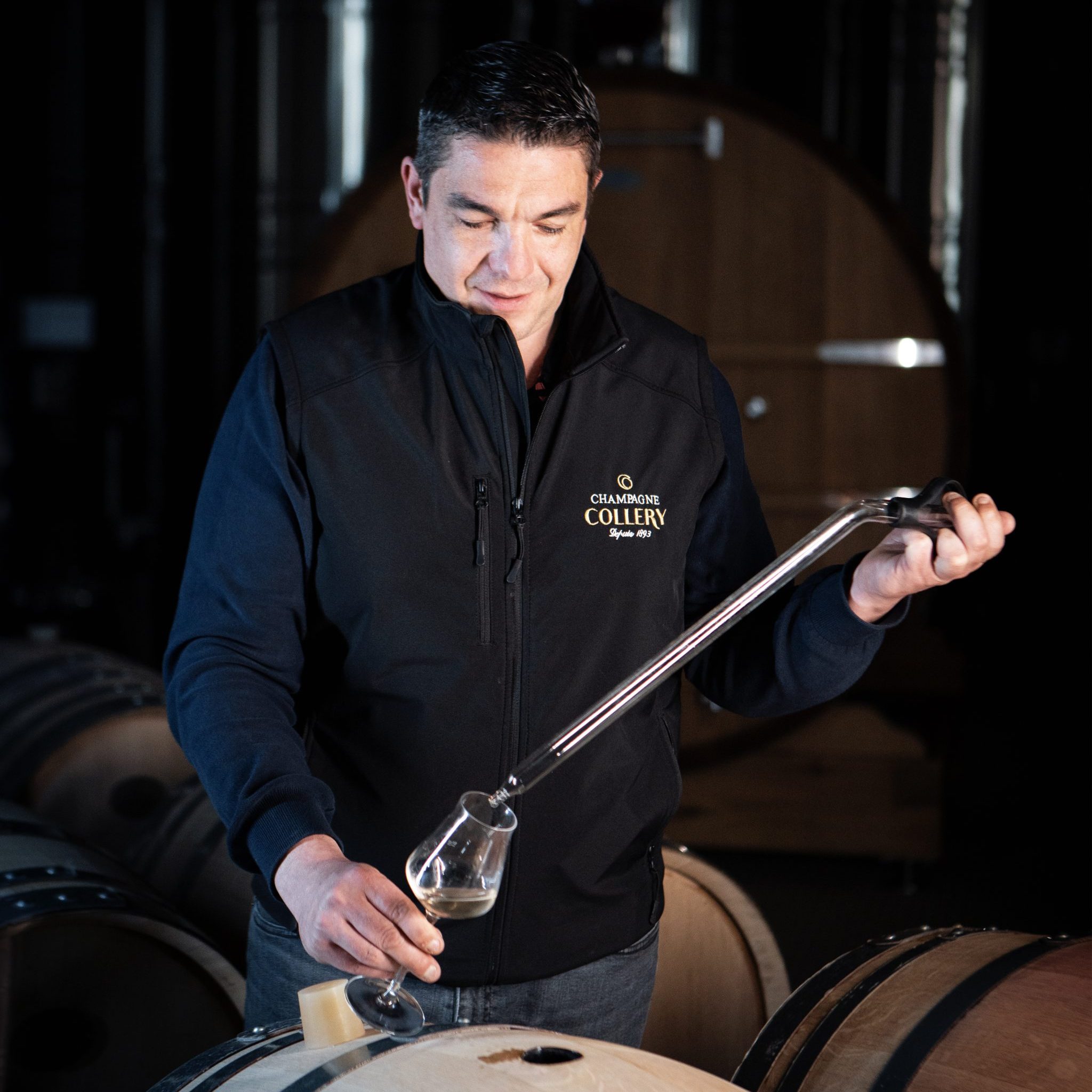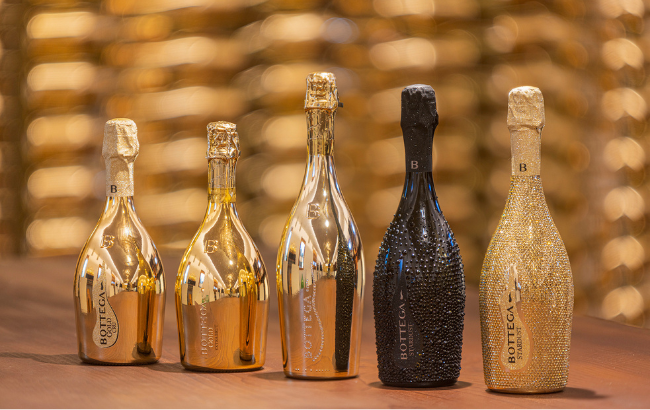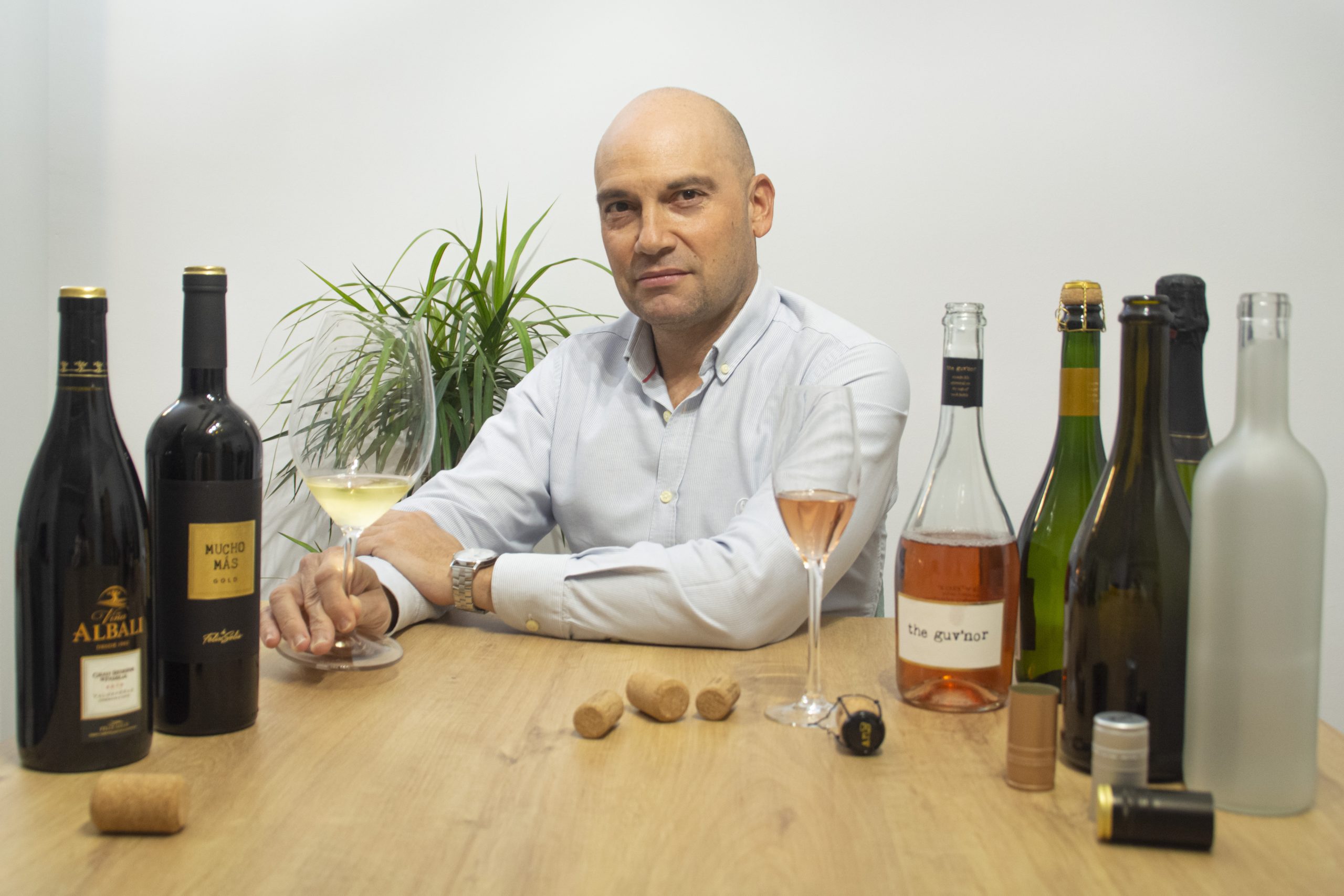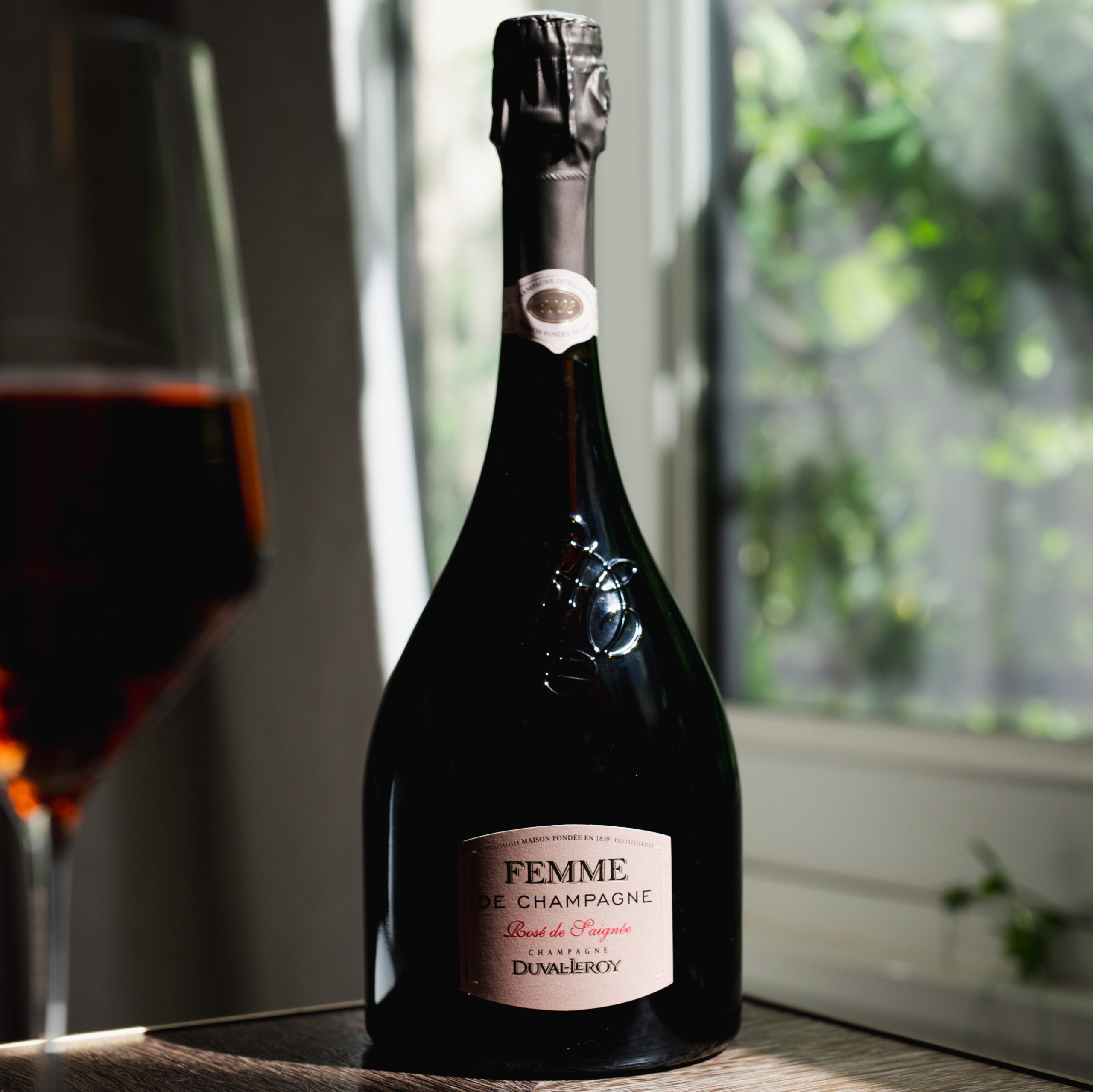South Africa introducing wine holograms
By Simon HowlandSouth African winemakers are adding holograms to their labels as wine fraud moves out of the top end and into the everyday.
It’s not only top end wines being targeted by frauds as recent reports from the UK have suggested.
Wine fraud has been in the headlines a lot recently from the Rudy Kurniwan trial in the US to recent reports that fakes have hit the high streets, and consumers are taking note.
In response, the Cape Wine Makers Guild in Cape Town has ordered 26,000 silver wine labels emblazoned in a hologram for bottles from the 2014 vintage to be sold at auctions next month, reported the Telegraph.
Speaking to the Telegraph, Kate Jonker, the Guild’s general manager, said it was about reinforcing consumer confidence: “We wanted to add a little more authenticity.”
“We just wanted to assure our customers,” she said.
The move comes at a time when sales of bottles of fake blue-chip wines such as Cheval Blanc and Petrus are occurring at auction and coming to light alongside more widespread fraud such as that revealed in Italy’s Brunello di Montalcino earlier this month.
Partner Content
But fake wine is now moving away from the top end of the premium market and into the realm of everyday drinking and the big brands that dominate there as reported recently by the drinks business and, as the problem becomes more widespread, so will better security measures.
Holograms are already widely used for passports, drivers licenses and banknotes so why not wines?
According to Michael Fridjhon, visiting professor of Wine Business at the University of Cape Town, even though the wines of the Cape Town Winemakers Guild are not in the collectible category the hologram is a step in the right direction for South Africa, a country that ships over 500 million litres of wine each year.
“Given the escalation of wine prices generally and the fact that no one envisioned this problem 30 years ago, even with the most prestigious wines, it’s probably prudent,” said Fridjhon.
“You frankly can’t trust the auction houses anymore; they don’t do enough to check on provenance,” he said.




